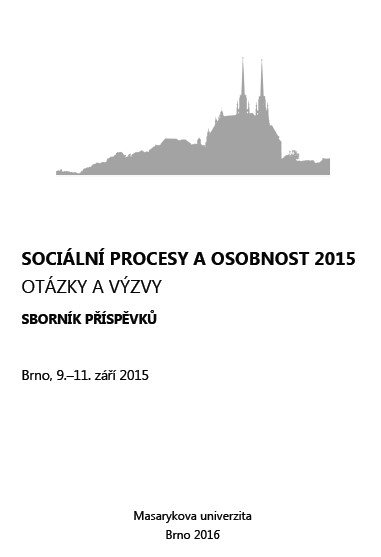The effect of affective valence and anxiety on cognitive flexibility
The effect of affective valence and anxiety on cognitive flexibility
Author(s): Rastislav Letnický, Martin Marko
Subject(s): Cognitive Psychology, Personality Psychology, Psychology of Self
Published by: Masarykova univerzita nakladatelství
Keywords: anxiety; stress; cognitive flexibility;
Summary/Abstract: It has been documented that stressful and anxiety-inducing conditions have detrimental effects on cognitive flexibility during problem solving. This effect is typically attributed to either enhanced sympathetic arousal or possible cognitive interference, both representing a common component of stress response and anxiety state. The present study investigates the impact of experimentally-induced emotional states (anxiety state specifically) on the ability to solve ill-defined verbal problems that require cognitive flexibility (remote associates test). As hypothesized, the group in negative-affect condition showed inferior problem solving ability when compared to the group under positive treatment. Additionally, state anxiety was moderately and inversely associated with post-test cognitive flexibility score while this association remained stable after the pre-test scores (both anxiety and cognitive flexibility) were corrected for. Subsequent mediation analysis yielded evidence that the observed impairment of cognitive flexibility is mediated by the level of post-treatment state anxiety. Therefore, anxiety state may be a crucial parameter responsible for cognitive inflexibility during problem solving.
Book: Sociální procesy a osobnost 2015. Otázky a výzvy: Sborník příspěvků
- Page Range: 234-238
- Page Count: 5
- Publication Year: 2016
- Language: English
- Content File-PDF

